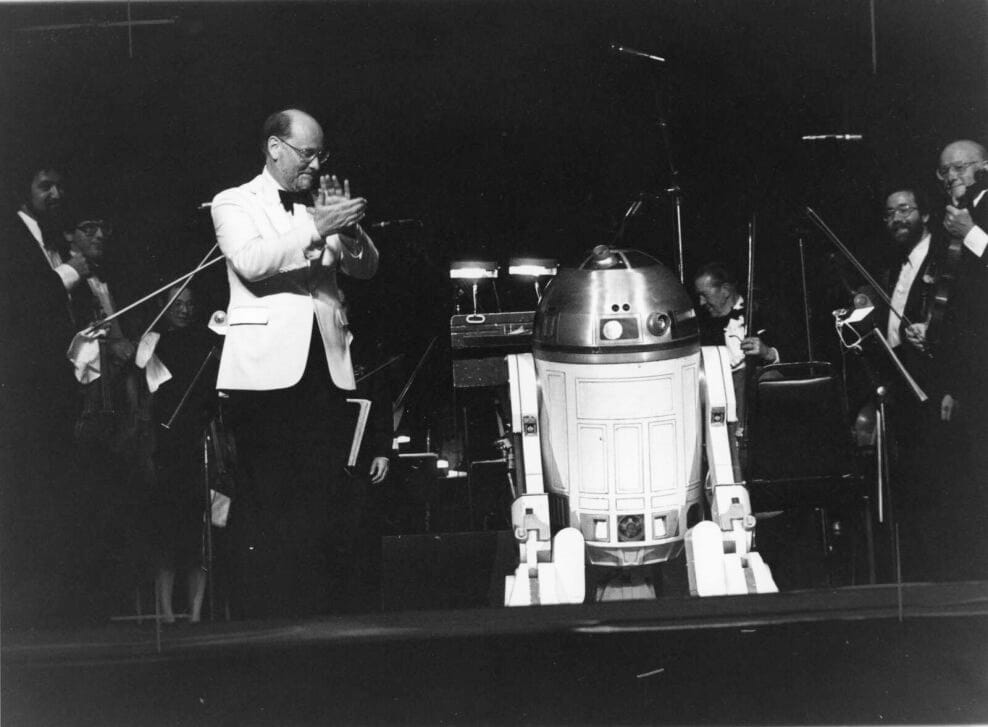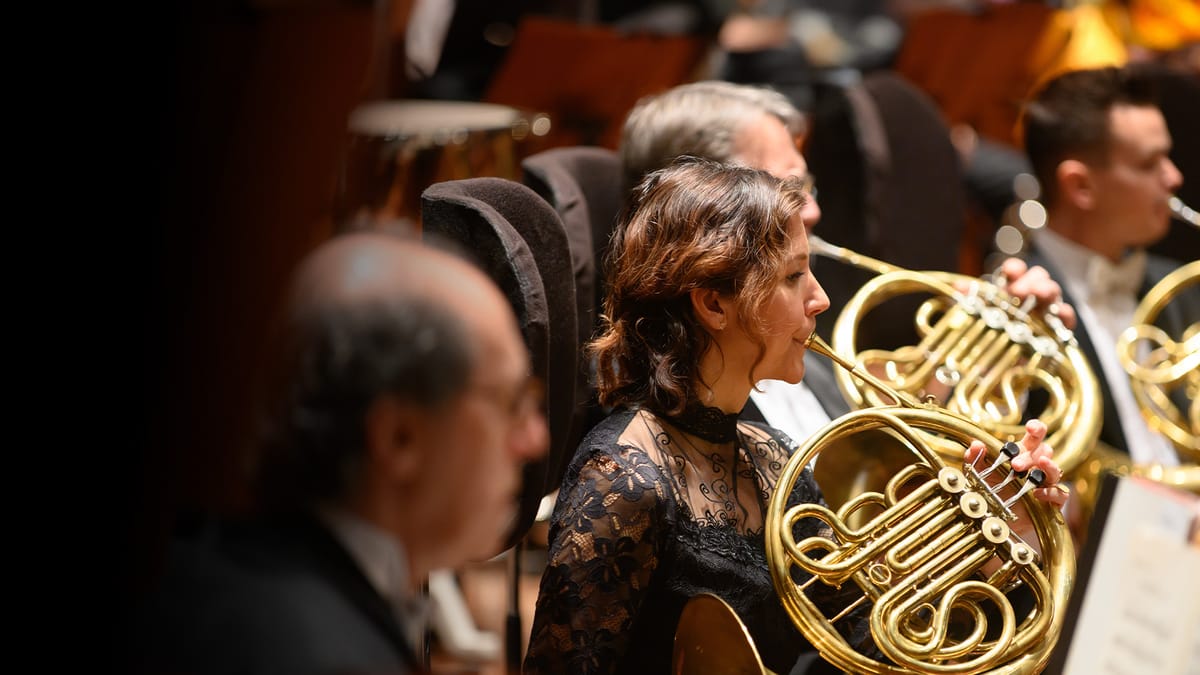In This Program
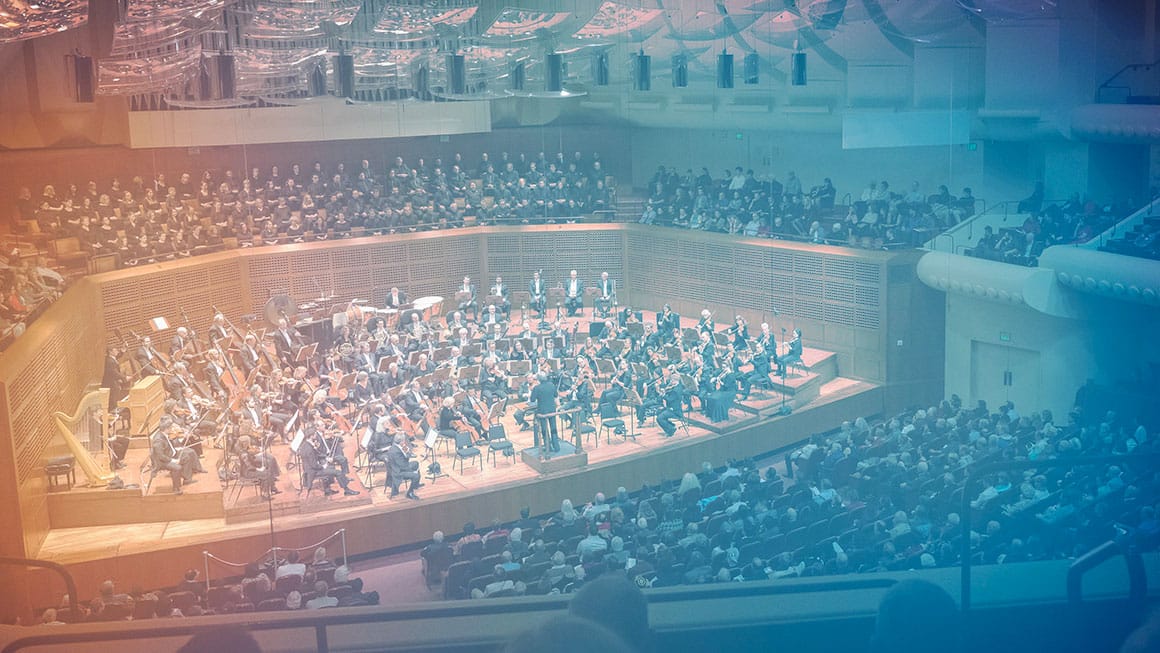
The Concert
Friday, July 19, 2024, at 7:30pm
Edwin Outwater conducting
Music of JOHN WILLIAMS
Superman March (1978)
Hedwig’s Theme from Harry Potter and the Sorcerer’s Stone (2001)
Theme from Jurassic Park (1993)
A Prayer for Peace from Munich (2005)
Across the Stars from Star Wars Episode II: Attack of the Clones (2002)
Parade of the Ewoks from Star Wars Episode VI: Return of the Jedi (1983)
Adventures on Earth from E.T. the Extra-Terrestrial (1982)
Intermission
Olympic Fanfare and Theme (1984)
Theme from Schindler’s List (1993)
Wyatt Underhill violin
With Malice Toward None from Lincoln (2012)
Aaron Schuman trumpet
March from Raiders of the Lost Ark (1981)
Parade of the Slave Children from Indiana Jones and the Temple of Doom (1984)
Main Title from Star Wars (1977)
Music of John Williams
In the late 1970s, John Williams restored the preeminence of symphonic film music, which had been in retreat with the rock and pop scores of the 1960s. Working with directors Steven Spielberg and George Lucas, he played an essential role in the blending of New Hollywood auteurism with nostalgia for Golden Age cinema—resulting in the blockbusters Jaws, Star Wars, and Raiders of the Lost Ark. His music is famously poignant and varied, rooted in his background as a jazz pianist, built on an encyclopedic knowledge of classical techniques, and wrapped in the orchestration style of late Romanticism and Modernism.
Williams introduced the Superman March with the 1978 film starring Christopher Reeve. It has since appeared in many subsequent Superman films, including 2017’s Justice League. But Williams’s history with the hero goes all the way back to print age. “Growing up in my generation meant that you avidly followed the exploits of Superman in the syndicated comic strips,” he recalled. “Many years later, when director Richard Donner asked me to compose the score for his feature-length film of Superman, I was thrilled. I truly felt that I was revisiting a formative part of my childhood. I began by writing [the march], which formed the basis of the musical score for the film.”
Hedwig’s Theme from Harry Potter and the Sorcerer’s Stone (2001) is the series’ signature musical cue, most often heard in celesta, a bell-toned keyboard instrument. The melodic line arches in a lilting triple meter—but an unexpected chromatic turn sets it off-kilter (the notes sound right, but not quite right), establishing a magical world in just a few measures.
Jurassic Park (1993) represents a different kind of fantasy, one rooted in nearly plausible science and 200 million years of natural history. Williams wrote the movie’s majestic theme “to capture the awesome beauty and sublimity of the dinosaurs in nature” and in doing so created an emotional connection between human characters and the enormous prehistoric beasts.
A Prayer for Peace comes from Steven Spielberg’s Munich (2005), cowritten by Tony Kushner and Eric Roth, about Mossad assassinations after the massacre of Israeli athletes at the 1972 Summer Olympics in Munich. Williams later arranged the sighing prayer as a standalone piece for various ensembles.
Of all the iconic franchises Williams is associated with, George Lucas’s Star Wars must be at the top. Across the Stars is the love theme of Anakin Skywalker and Padmé Amidala in Episode II: Attack of the Clones (2002). Its sweeping melody suggests an unstoppable romance, yet hints at tumultuous danger and a sad fate. Parade of the Ewoks from Episode VI: Return of the Jedi (1983) introduces the furry aliens with an uneven march in a strange scale.
Adventures on Earth from E.T. The Extra-Terrestrial (1982) scores the final 10 minutes of the film, from the bicycle chase and flying sequence to E.T.’s farewell and his spaceship’s departure. Unusual for a scoring session, Spielberg let Williams record this cue freely, not synched to the picture, and then re-edited the sequence to match the music. It won an Academy Award and three Grammys. At a 2016 American Film Institute gala, Spielberg quipped: “without John Williams, bikes don’t really fly.” It’s now a much-repeated phrase, but it captures the paradoxical truth that music sells the cinematic illusion of reality.
Williams’s Olympic Fanfare and Theme was written for the 1984 Summer Olympics in Los Angeles. The brassy fanfare bridges into a lyrical theme with a distant snare-drum accompaniment. “A wonderful thing about the Olympics is that young athletes strain their guts to find and produce their best efforts,” Williams told the New York Times that year. “The human spirit stretching to prove itself is also typical of what musicians attempt to achieve.” It won a Grammy Award.
“How could you ever write music that is worthy of describing the Holocaust and the experience that people have had?” Williams reflected in 2022. “Something unimaginable. Unthinkable.” He took on the challenge for Schindler’s List (1993), and the result won him an Oscar for Best Original Score, in addition to the film’s wins for Best Director and Best Adapted Screenplay. In the original version of the soundtrack, the mournful violin solo was performed by Itzhak Perlman.
With Malice Toward None is a line from Abraham Lincoln’s Second Inaugural Address, from 1865, which continues:
with charity for all, with firmness in the right as God gives us to see the right, let us strive on to finish the work we are in, to bind up the nation’s wounds, to care for him who shall have borne the battle and for his widow and his orphan, to do all which may achieve and cherish a just and lasting peace among ourselves and with all nations.
For Spielberg’s Lincoln (2012), starring Daniel Day-Lewis as the 16th president, Williams wrote this lyrical trumpet solo, reminiscent of an American folk song and scored in the style of classic mid-20th-century orchestral Americana.
The Raiders’ March, from Raiders of the Lost Ark (1981) is the definitive Indiana Jones cue, channeling the swashbuckling soundtracks of 1930s and ’40s. “Every time Harrison [Ford] jumps on the horse or does something heroic, I wanted to pay reference to this theme,” Williams told Empire Magazine in 2008. “The sequence of notes has to sound just right so it seems inevitable, like it has always been with us. It was something that I chiseled away at for a few weeks, changing a note here and there, to find the correct musical shape. Those little simplicities are often the hardest things to capture.” Parade of the Slave Children comes from the darker prequel, Indiana Jones and the Temple of Doom (1984), where the percussion-heavy cue accompanies the children’s uprising in the mines of a cannibalistic cult.
—Benjamin Pesetsky
Portions of this note previously appeared in the program books of the Philadelphia Orchestra and Carnegie Hall.
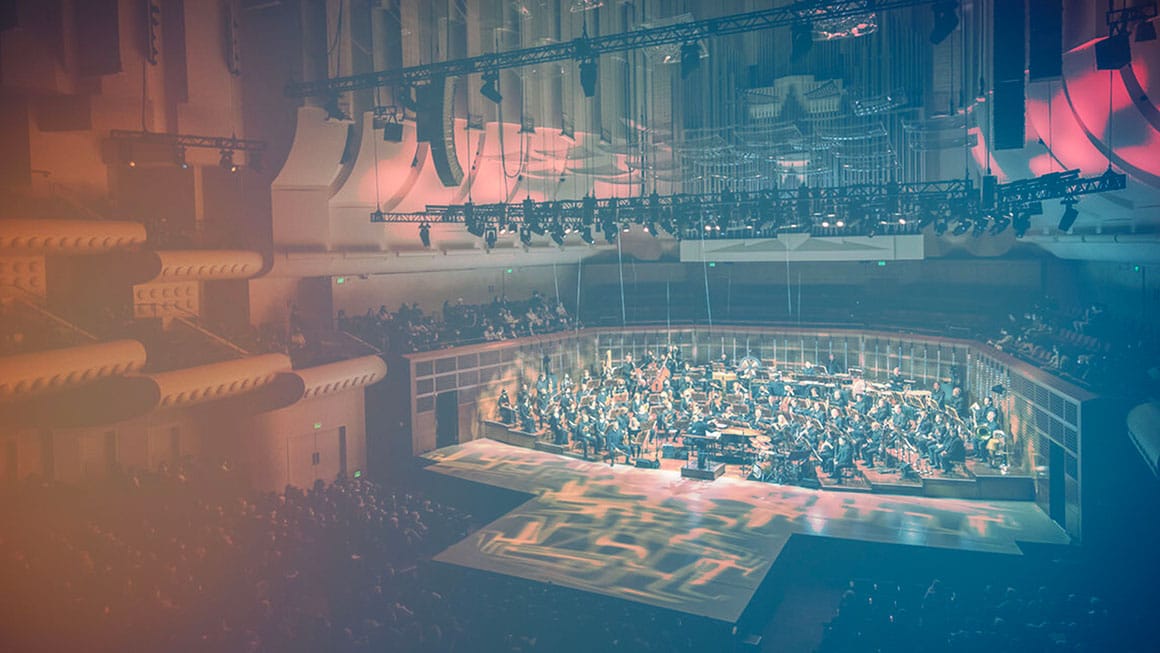
About the Artists
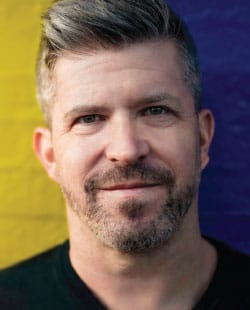
Edwin Outwater
Benjamin Pesetsky is Associate Director of Editorial for the San Francisco Symphony. He has also written program notes for the Philadelphia Orchestra, St. Louis Symphony, and Melbourne Symphony.
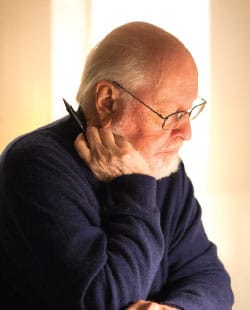
John Williams
In a career spanning more than six decades, John Williams has become one of America’s most accomplished and successful composers for film and the concert stage. He remains one of our nation’s most distinguished and contributive musical voices. He has composed the music for more than 100 films, including all nine Star Wars films, the first three Harry Potter films, Schindler’s List, E.T. the Extra-Terrestrial, Jaws, Jurassic Park, Saving Private Ryan, Lincoln, Close Encounters of the Third Kind, Superman, and the Indiana Jones films. He served as music director of the Boston Pops Orchestra for 14 seasons and remains their laureate conductor. He has composed numerous works for the concert stage including two symphonies and more than a dozen concertos commissioned by some of America’s most prominent orchestras. He has received five Academy Awards and 54 Oscar nominations, seven British Academy Awards, 26 Grammys, four Golden Globes, and three Emmys. His other honors include the Kennedy Center Honors, the National Medal of Arts, an honorary KBE from Queen Elizabeth II, the Life Achievement Award from the American Film Institute, Spain’s Princess of Asturias Award for the Arts, and the Gold Medal from the UK’s prestigious Royal Philharmonic Society.
